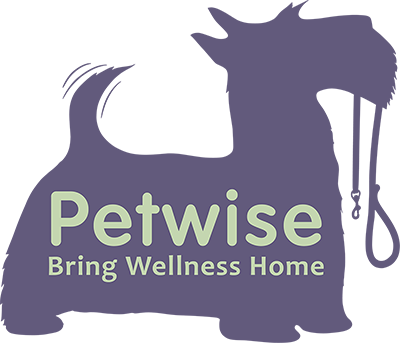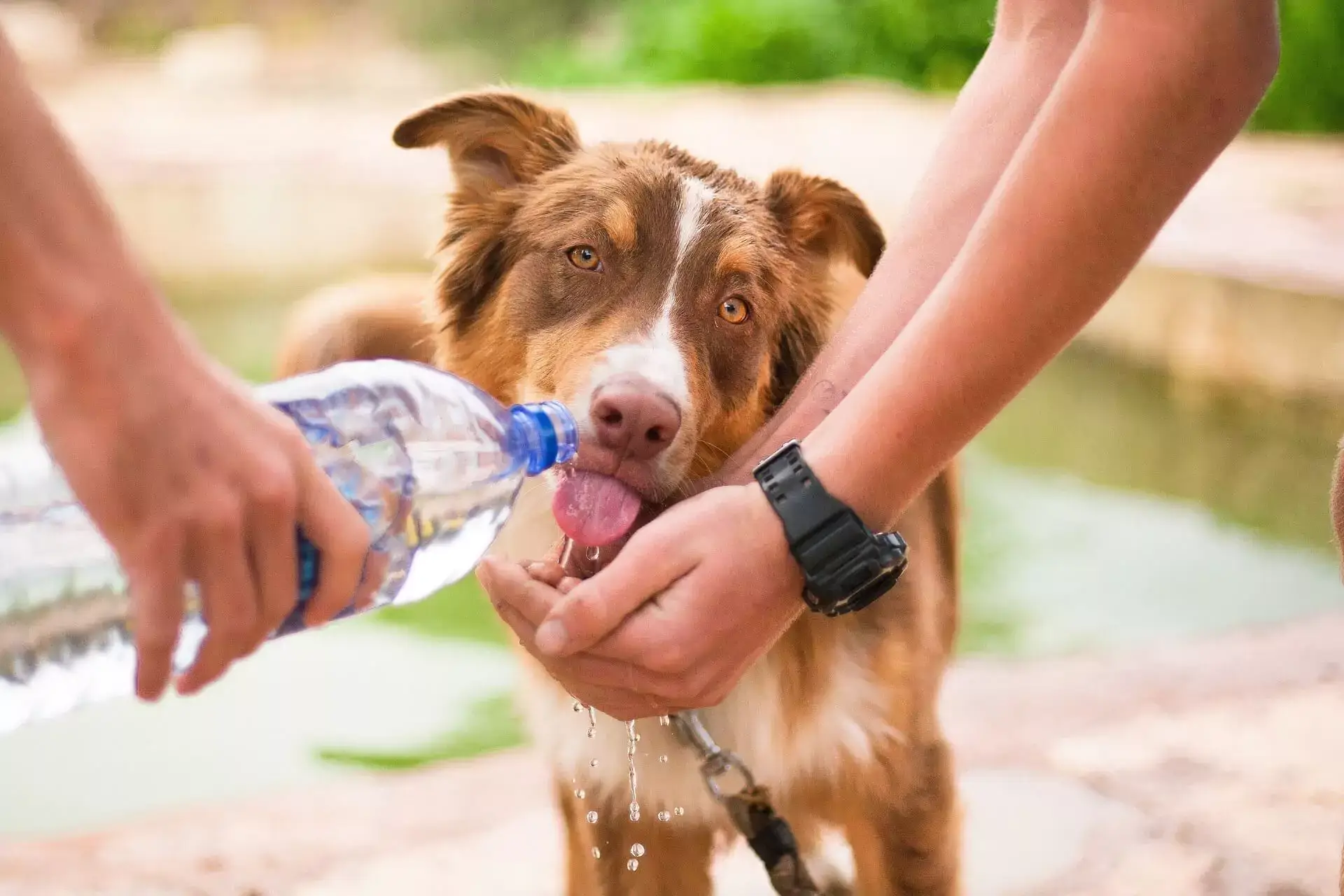Did you know that as many as 20 percent of our canine companions develop allergies at some point in their lives? That’s a lot of miserable pups! Allergies are no more fun for Fido than they are for us. A Clarkesville, GA vet discusses doggy allergies below.
Allergens
Allergies generally work the same way in dogs as they do in people. Essentially, they’re a misfire of the immune system. Fido’s body might randomly decide that a specific substance is an ‘invader’ and will rally to defend it, causing the reactions that make people and pups quite uncomfortable. When it comes to food, usually a type of protein is the culprit. This may be chicken, beef, pork, soy, or gluten. Your furry friend could also be affected by environmental allergens, such as dust, pollen, dander, leaves, grass, plants, and/or mold. Some dogs have reactions to insect bites, or to products in their shampoos.
Warning Signs
Allergies can cause many of the same reactions in dogs as they do in people. Itchiness is a big one. You may notice your fuzzy pal rubbing himself against various things. (He may also be more up front about asking to get scratched, and may rub himself against you.) Other indications include hives and/or other skin issues, such as redness, inflammation, flaking, and hair loss. Fido may sneeze or snore, and his eyes may look red and runny. Your canine pal may also have tummy issues, such as vomiting or diarrhea. Allergies can also cause stubborn ear infections. Contact your vet if you notice any of these red flags.
Treatment
If you know or suspect that your furry friend has allergies, make an appointment with your vet ASAP. Fido will need tests to determine what exactly he is reacting to. After identifying the culprit, your vet will be able to go over the various treatment options. Medications, such as antihistamines, may be helpful. However, you should never give Fido anything without your vet’s specific approval. Home care is also important. You may need to make minor changes to your canine buddy’s care regimen. For instance, if your pup is allergic to pollen, you may want to start wiping his paws and belly down before bringing him in. Ask your vet for specific advice.
Do you know or suspect that your pooch has allergies? Contact us, your Clarkesville, GA animal clinic, today!







!Social Media Icons